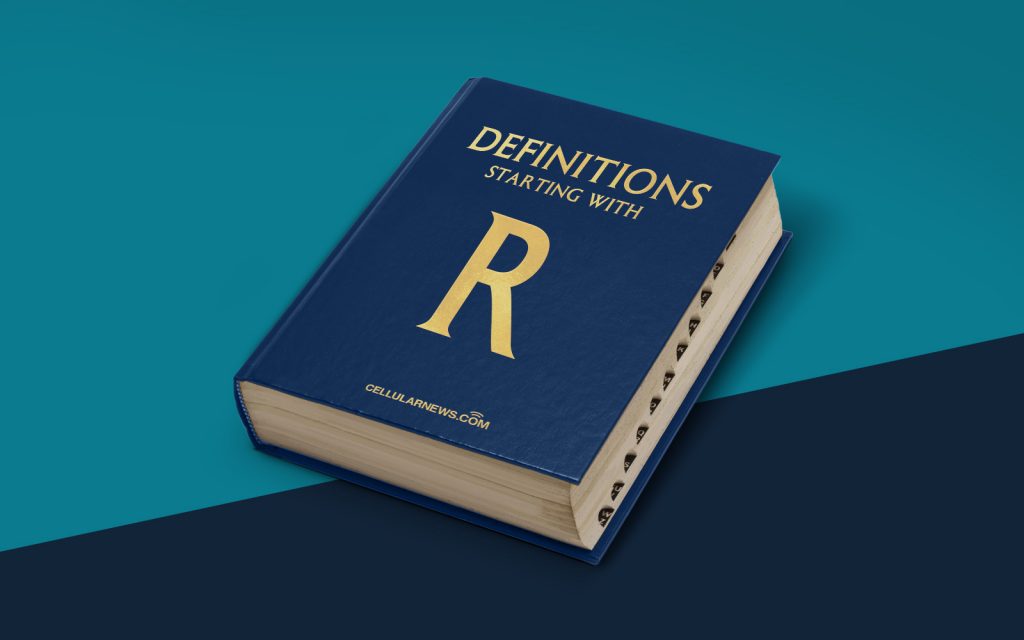
DEFINITIONS: What is a Reward Schedule?
Welcome to the “DEFINITIONS” category on our page, where we explore and explain various terms related to rewards, incentives, and motivation. In today’s post, we’ll delve into the concept of reward schedule and its importance in shaping behavior and driving motivation.
So, what exactly is a reward schedule? In simple terms, a reward schedule refers to a system or plan that outlines the timing and conditions under which rewards are given to individuals or groups. It serves as a framework that governs how and when reinforcement is provided for desired behaviors or achievements.
Key Takeaways:
- A reward schedule is a system that determines when and how rewards are given.
- It plays a crucial role in shaping behavior and fostering motivation.
Now that we understand the basic definition, let’s explore a bit deeper. In behavioral psychology, reward schedules are classified into two main types: continuous and intermittent.
1. Continuous reward schedule: As the name suggests, a continuous reward schedule involves providing a reward every time a desired behavior is exhibited. This type of schedule offers immediate reinforcement, making it highly effective in establishing new behaviors. For example, when training a dog to sit on command, giving it a treat every time it sits reinforces the desired behavior.
2. Intermittent reward schedule: Unlike continuous schedules, intermittent schedules involve providing rewards only on specific occasions or after a certain number of responses. This creates an element of surprise and unpredictability, leading to increased persistence and motivation in individuals. Intermittent reward schedules can be further divided into various subtypes, such as fixed ratio, variable ratio, fixed interval, and variable interval schedules.
Let’s briefly explore these different types of intermittent reward schedules:
- Fixed ratio: In this schedule, a reward is provided after a fixed number of responses. For example, a salesperson might receive a bonus for every 10 products sold.
- Variable ratio: In a variable ratio schedule, rewards are given after an unpredictable number of responses. This schedule is often associated with high levels of motivation, as individuals never know when they will receive a reward. An example could be a slot machine that pays out at random intervals.
- Fixed interval: Here, rewards are provided after a fixed amount of time has passed, regardless of the number of responses. An example is receiving a monthly paycheck for a salaried job.
- Variable interval: This schedule involves providing rewards at unpredictable time intervals. It can be likened to winning a lottery where the timing of the win is uncertain.
Understanding the different types of reward schedules is essential for designing effective incentive systems in various contexts, such as education, workplace motivation, or even personal goal-setting. By selecting the most appropriate reward schedule, we can maximize the desired behavior and maintain high levels of motivation and engagement.
In conclusion, a reward schedule is a powerful tool that helps shape behavior, drive motivation, and reinforce desired actions. Whether it’s through a continuous or intermittent reward schedule, understanding how to effectively implement rewards can have a profound impact on our ability to achieve goals and foster positive change.
We hope this “DEFINITIONS” blog post has provided you with valuable insights into the concept of reward schedules. Stay tuned for more informative articles that explore the fascinating world of rewards, incentives, and motivation!
